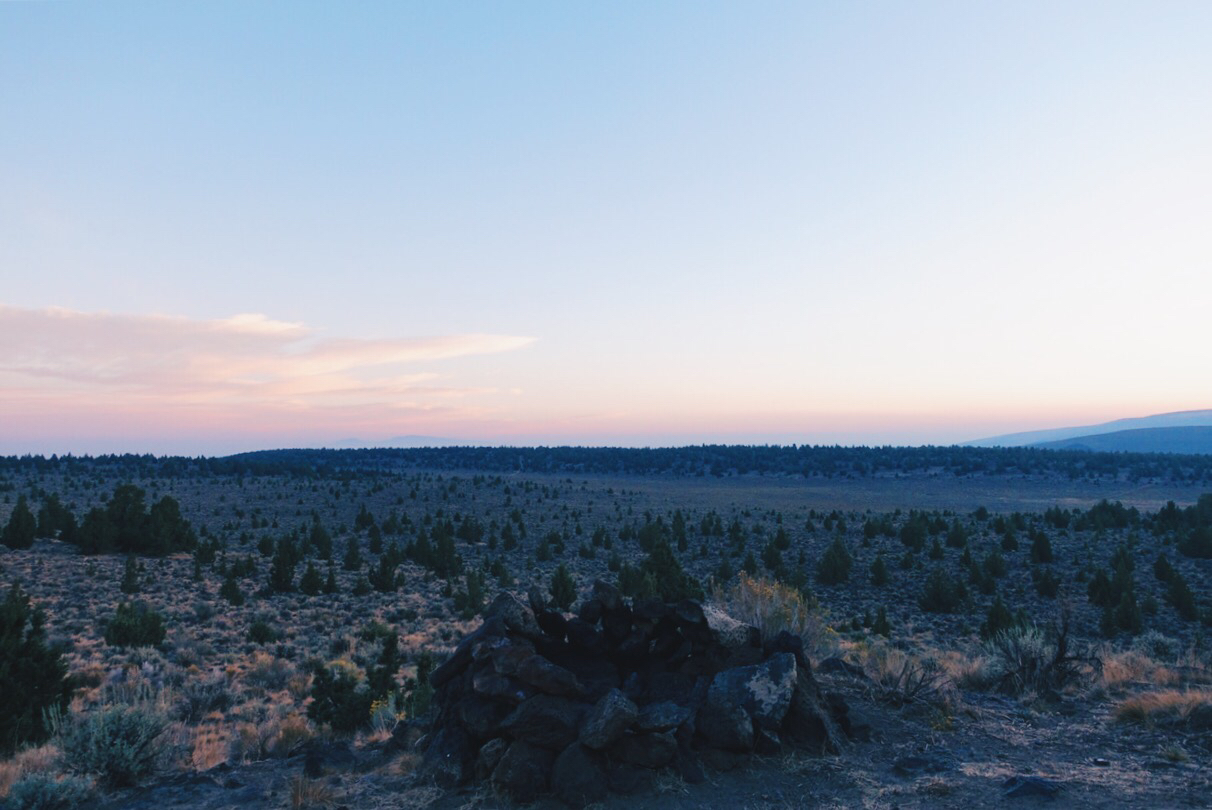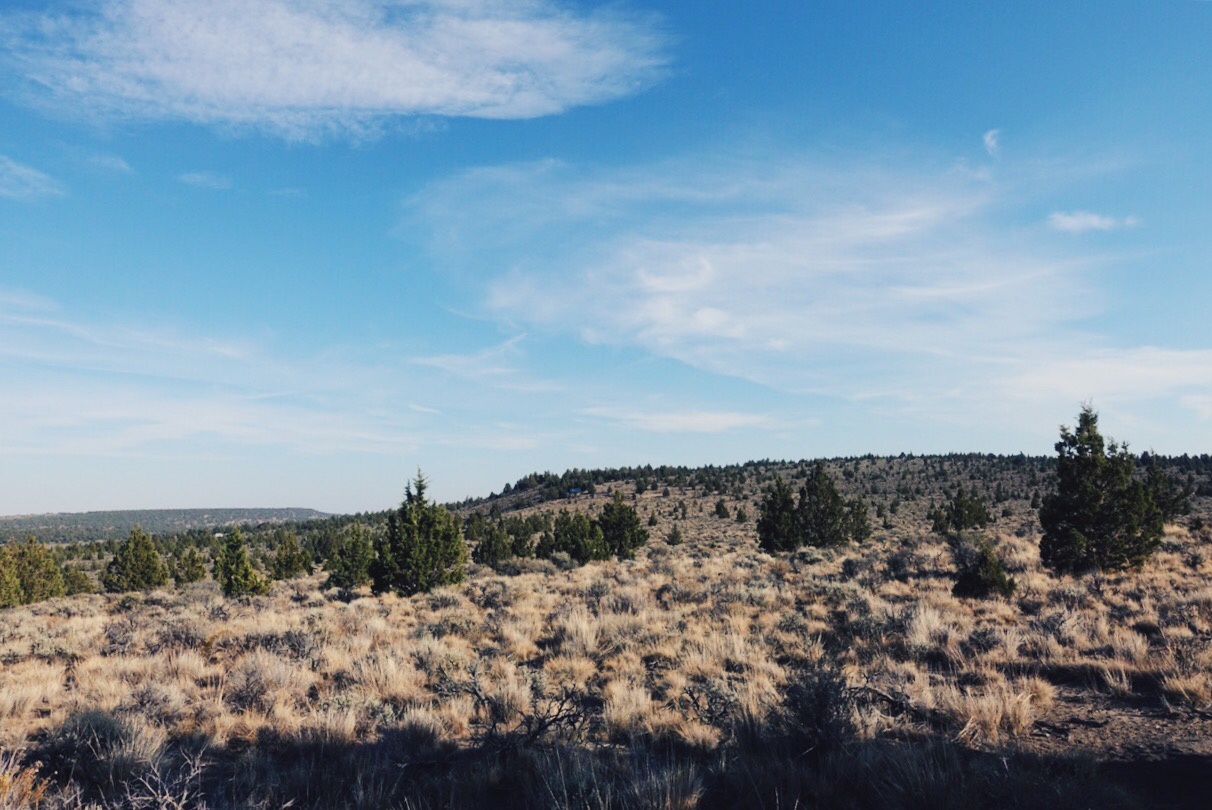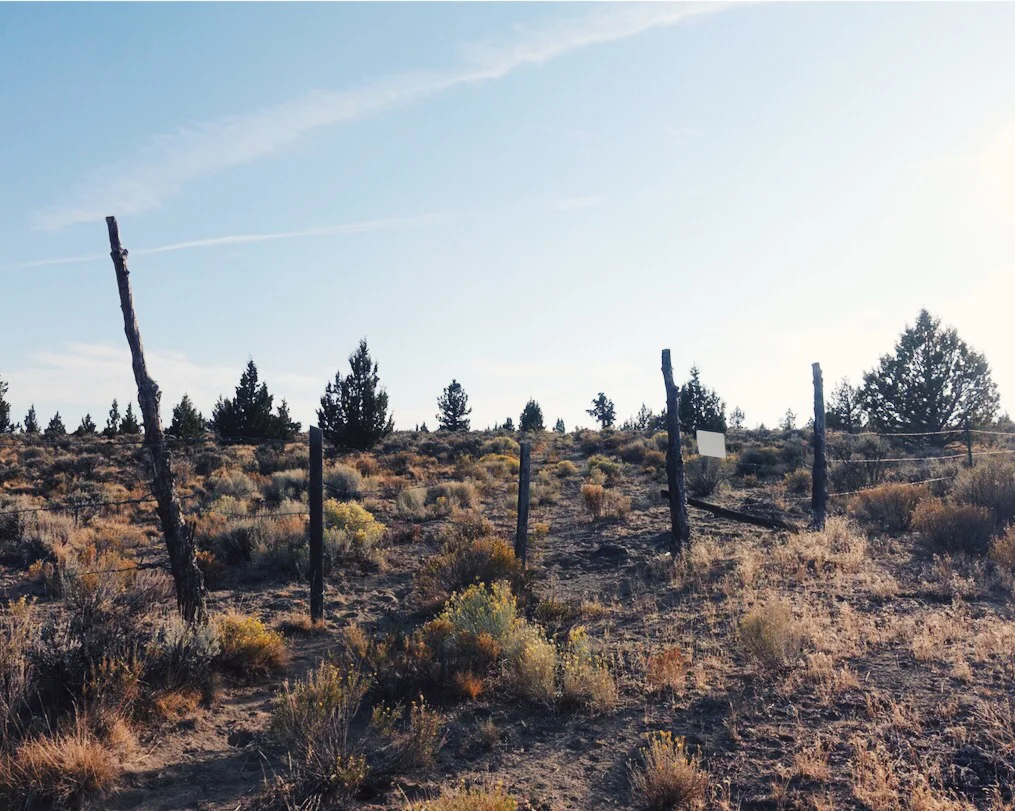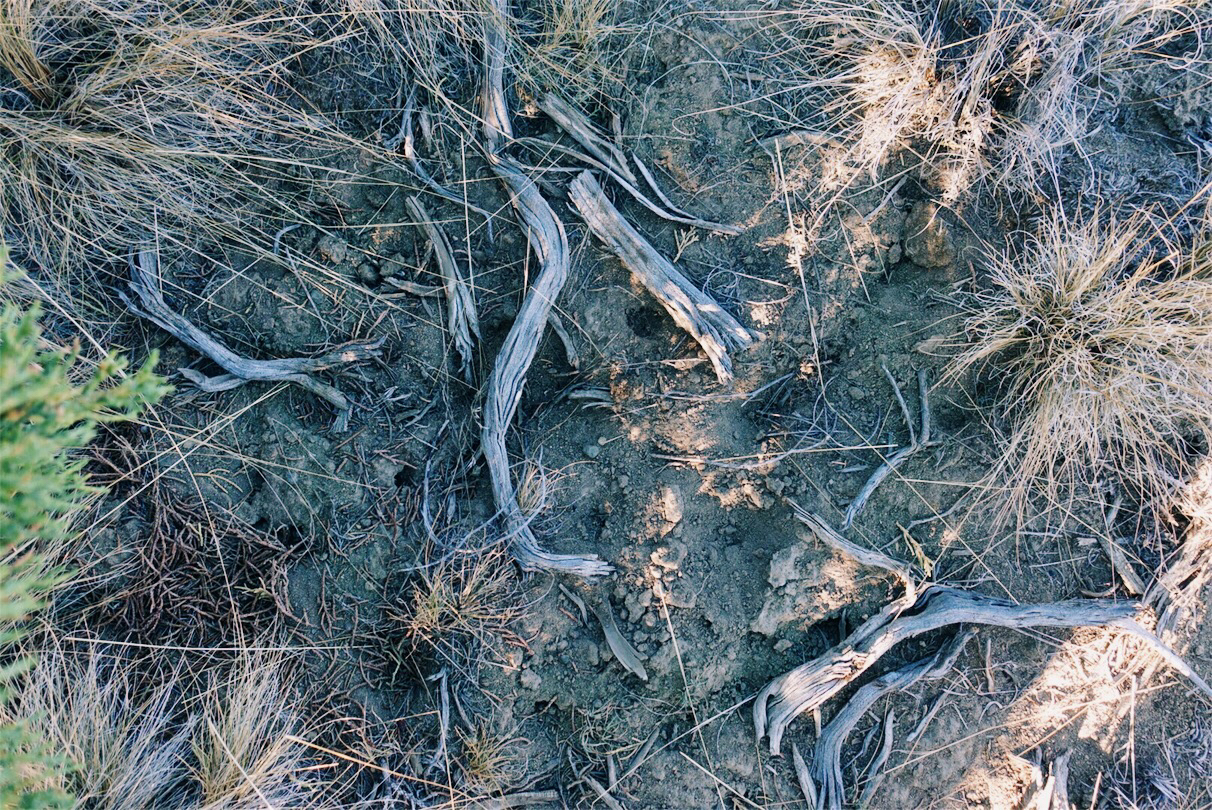hara hachi bu
/The old generation Okinawans are among the longest lived people in the world. They have a lot of tricks about how to accomplish this: a sense of life-purpose, intimate family/friend connections, a simple diet based on plants, regular gentle exercise such as walking and gardening. The other thing they practice is hara hachi bu - the idea of eating only until they are 80% full. I don't know if you could find a concept more foreign to American culture. We're a clean your plate so you can have dessert kind of people, an unbutton the top button of your jeans kind of people, not an I feel satisfied so I'll quit while I'm ahead kind of people.
I've been thinking about this concept for some time. Not just about eating, but about consumption in general. The science behind hara hachi bu is that it takes 20 minutes for the nerve endings in our stomachs to register we are full. If we eat until we feel full, as most of us do, then we have already overeaten and stretched beyond our natural capacity. Eventually we will need more food to create the satiated feeling we are looking for. (More food = more weight = poor health.) It's the same with our money and our time, of course. The level at which we are satiated rises with each new luxury we indulge in. I used to be satisfied with grocery store coffee. Enough said. My need to create tasks and fill my hours increases with my perception of my own importance. How will I know I am valuable if I'm not complaining about too much to do and responding "Busy!" to every "How are you?"
Hara hachi bu says it is best for us if we take less than what we feel we need. Our bodies can't tell us what we need in the moment we are consuming, so our minds must be wiser than our bodies. What if I bought 20% less food at the grocery store? Would that eliminate the last of the food waste we generate and be closer to what we actually need? What if I only planned enough tasks for 80% of my day and left 20% for serendipity or naps? What if we lived on 80% of our disposable income? Bought only 8 of the 10 books I think I want? Committed to keeping 20% of our calendar free?
Maybe a practice like that would get me closer to the balance my mind and soul are continually seeking.
Do you have a hara hachi bu practice? Id' love to hear your thoughts.















